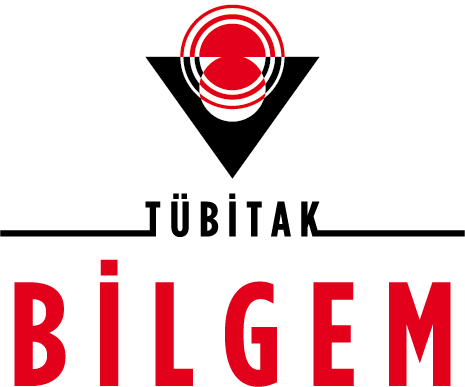YTE
Projects
The CompletedProjects

Preliminary Analysis of Integrated Public Financial Management Information System (BKMYBS)
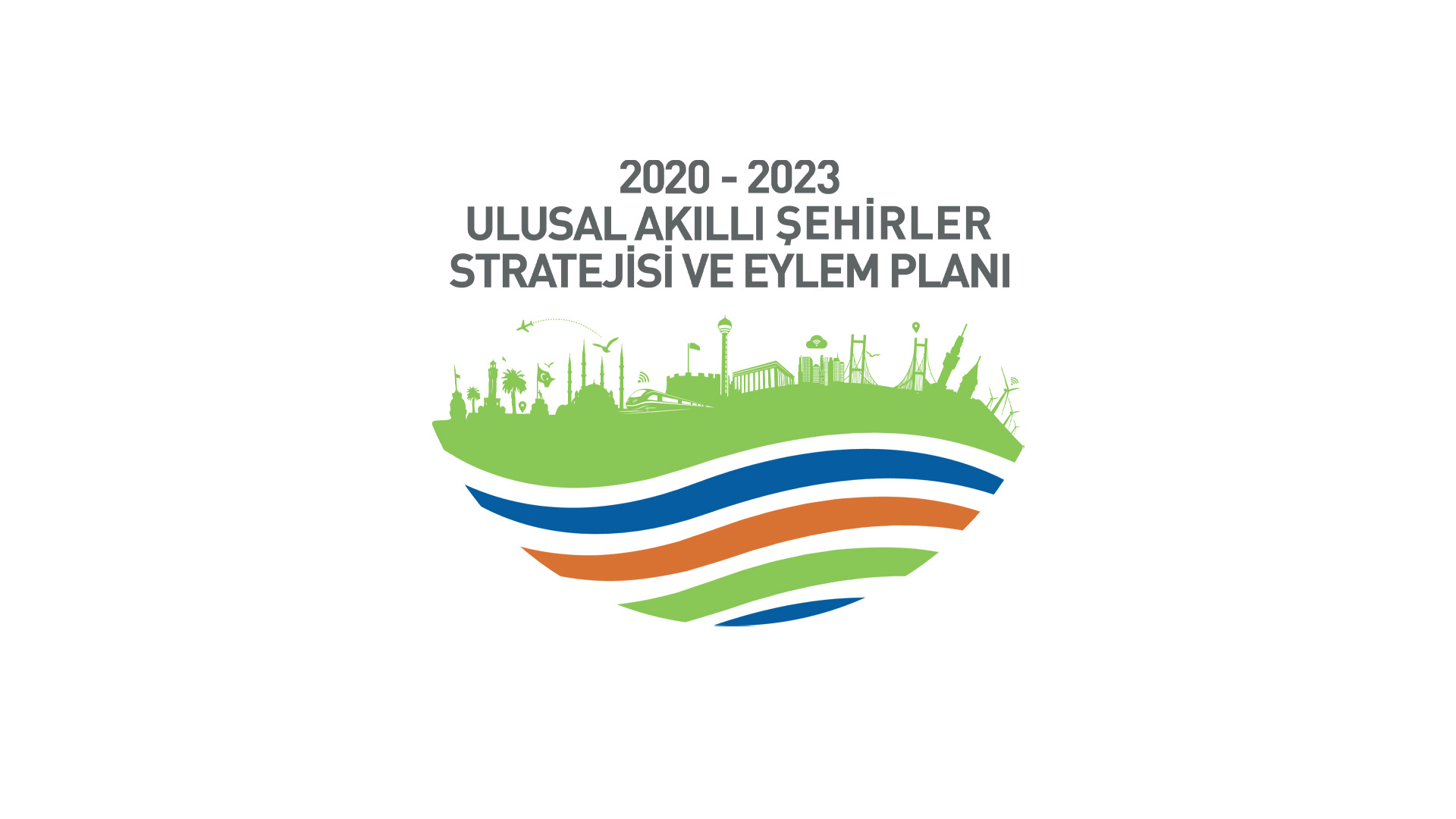
2020-2023 National Smart Cities Strategy and Action Plan Project
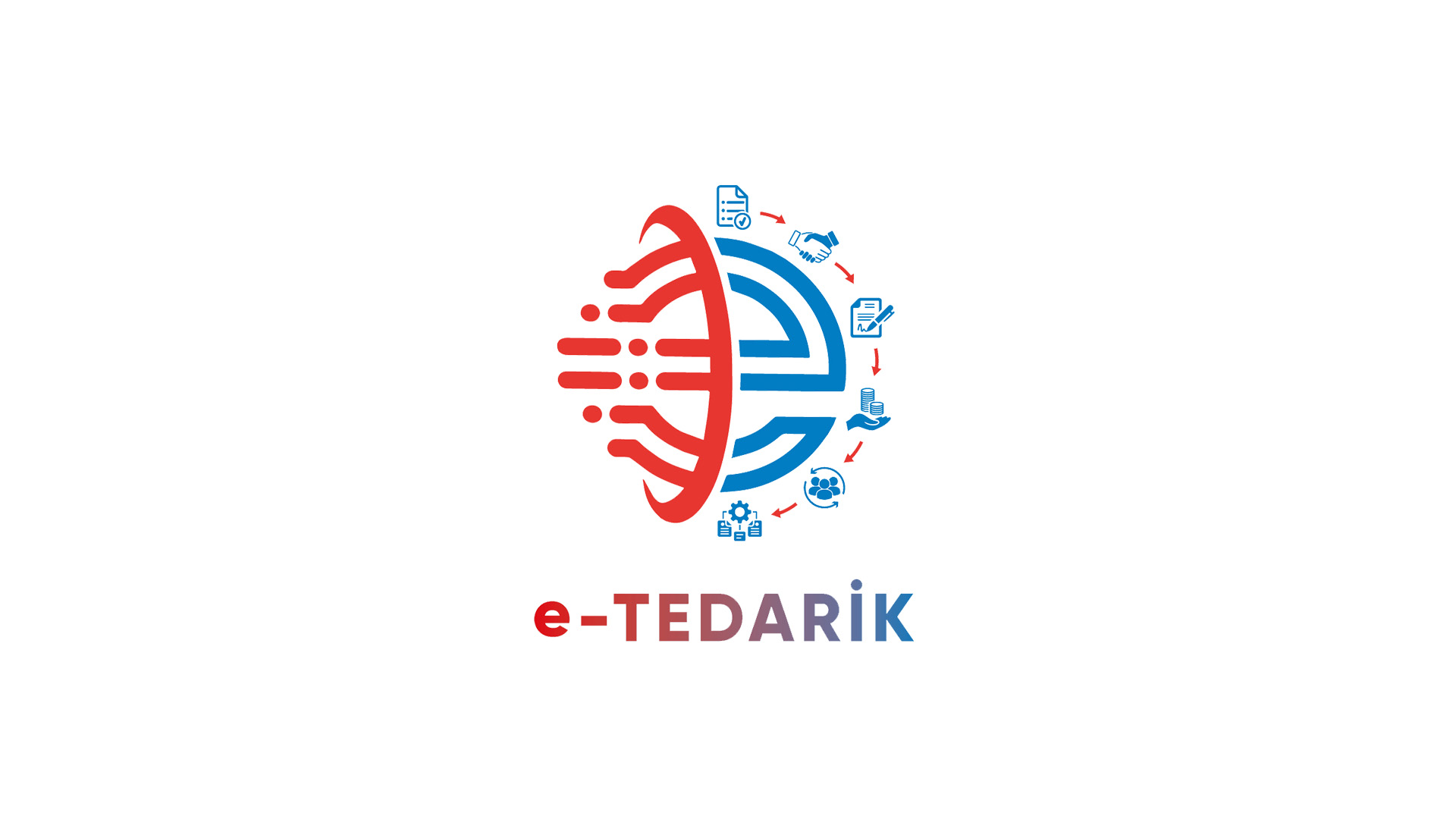
E-Document Preparation Service (e-Procurement / e-Document) Project
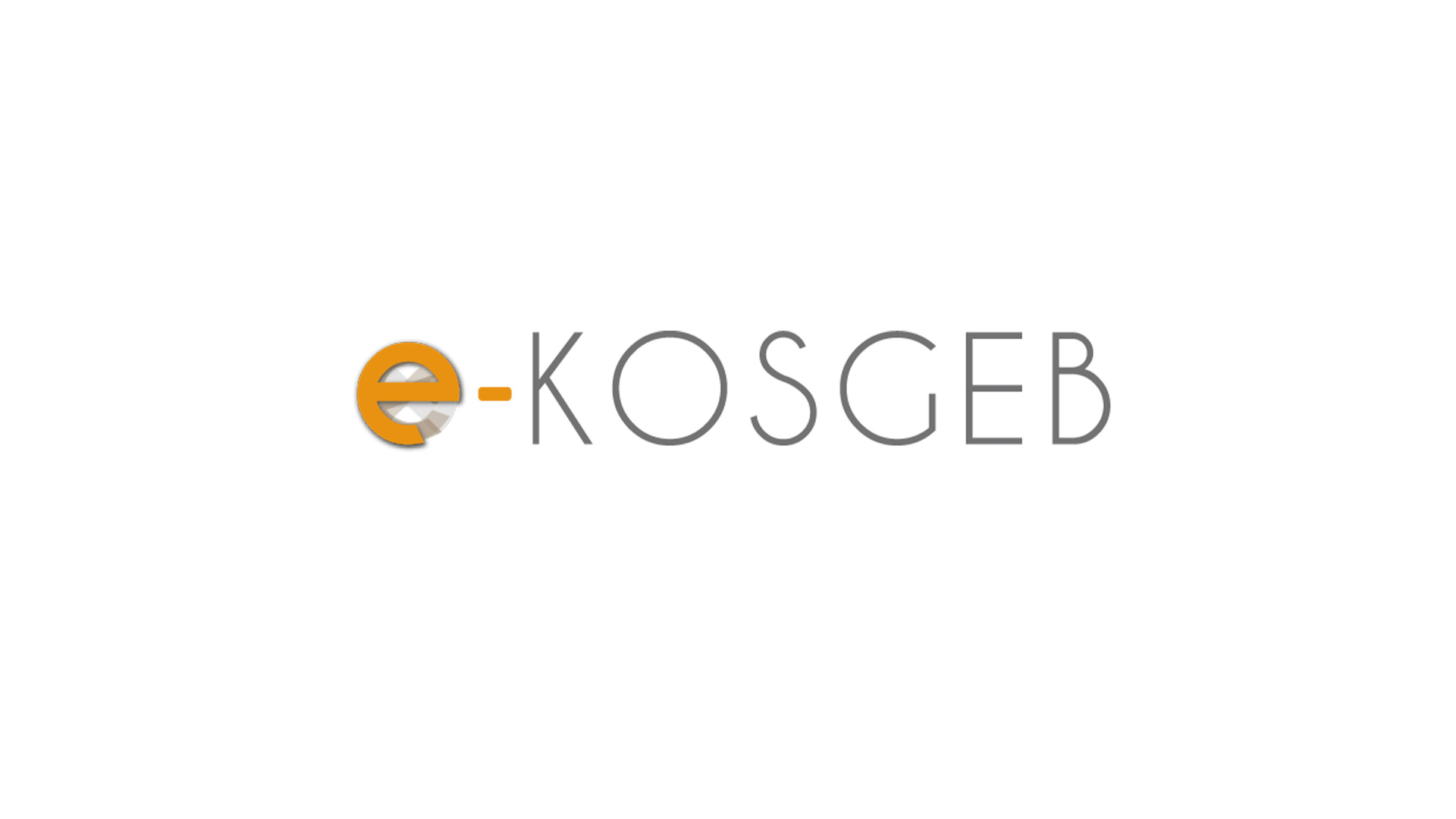
KOSGEB e-Government Planning Consultancy Project

Public Websites (KAMIS) Directory and Dissemination

Turkish National Geographic Information System (TUCBS) Standardization Project
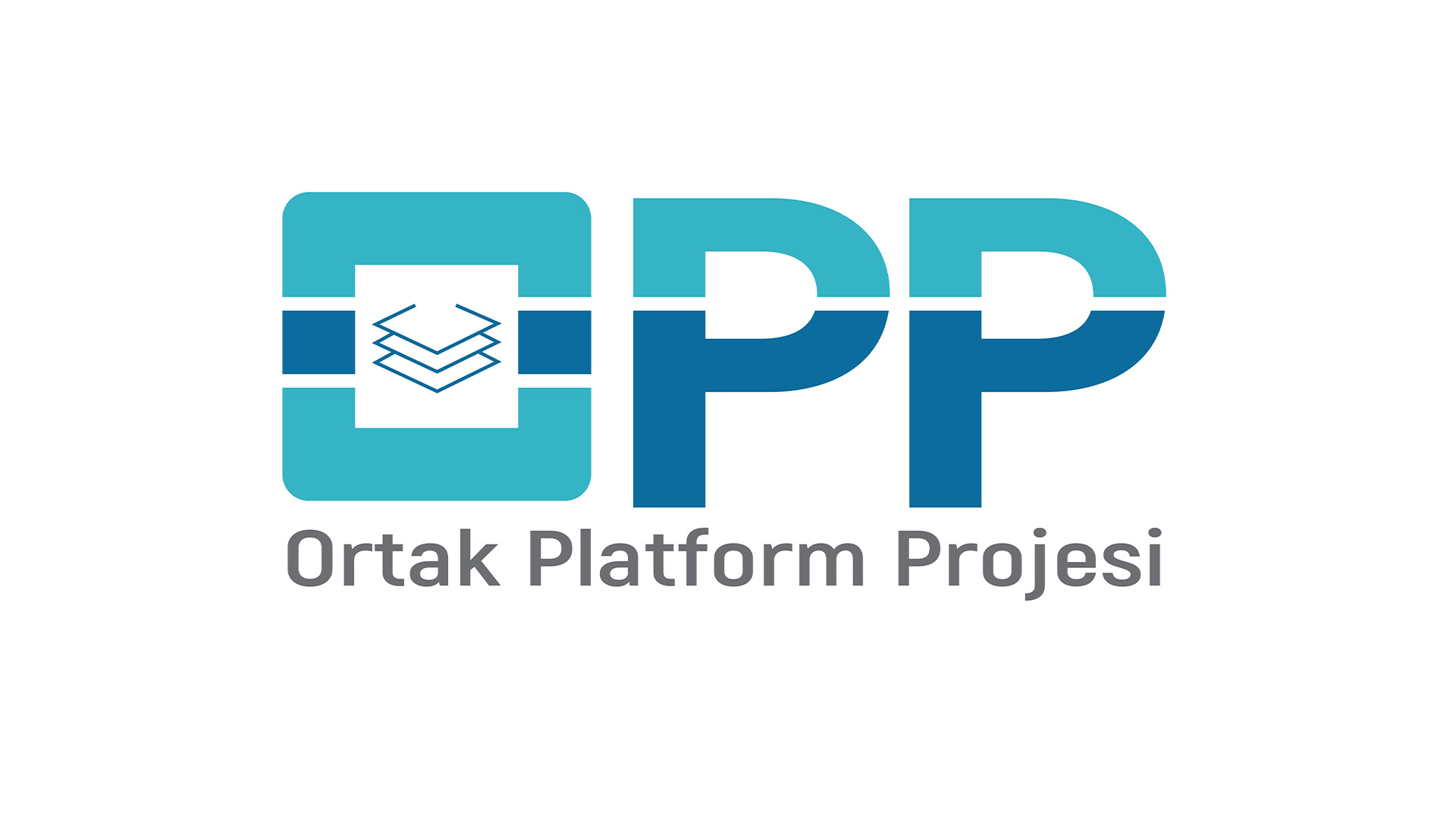
Common Platform Project (OPP)

Energy Market Regulatory Authority Information System Project

Development Agencies Management System (KAYS) Project

Geographical Big Data Platform Project (BATUTA)
The Other CompletedProjects
It is a software consultancy services project for the Revenue Administration.
- The creation of an e-Procurement ecosystem and market with a shared understanding and language, pazarının oluşturulması,
- Establishing a transparent platform for data-driven, accountable, and transparent public procurement processes that can be traced and reported at every stage,
- Facilitating proactive and efficient budget planning by sharing information related to commitments and contracts spanning several years with budget management,
- Ensuring reliability in budget implementation by sharing controls and realized budget movements with stakeholders in real-time, hğlanması,
- Proactively and efficiently planning cash flows by centrally collecting procurement information and commitments that precede government spending and payments,
- Delivering technical specifications aimed at facilitating the procurement of suppliers and product/service catalogs from a wider supplier network. h
Within the scope of the project, it is aimed to improve the business processes of the Nuclear Regulatory Authority and to determine and visualize the software functions that will implement these business processes. In this framework, activities were carried out to design the processes of the Institution, to determine the functional requirements, to prepare software mock-ups, to supply and develop the necessary software, and to prepare the technical specifications.
In cooperation with the Ministry of Family and Social Services, an information system has been developed that enables more effective social assistance decisions and fairer resource distribution with its holistic management and gathering information on social assistance provided by the state and non-governmental organizations in a single center.
It is aimed to develop an open source domestic database system and expertise to be used in strategic and critical applications, to create a strong alternative to commercial database management systems, which are among the biggest investment and expenditure items of information technology (IT) infrastructures of institutions.
Within the scope of the ÇETUS Project carried out with the General Directorate of Child Services as the Ministry of Family and Social Services, an infrastructure has been established to identify children living in Turkey before they become in need of protection and to take relevant protective and preventive measures.
Within the framework of Turkey's 2023 vision, the Ministry of Transport and Infrastructure and the Ministry of Transport and Infrastructure prepared Turkey's first comprehensive and holistic National e-Government Strategy and Action Plan, shaped by national capabilities, effective participation of ecosystem stakeholders, common wisdom and scientific perspective, and developed an Action Plan Monitoring and Evaluation Model and System to guide e-Government activities covering the years 2016-2019.
It is a project that ensures that a strategic action that has been decided to be implemented is planned and followed by the people assigned to the subject. The strategic goals and objectives that make up the action plan are followed by user role-based authorizations. Data entry and follow-up regarding the actions can be made by different organizations in the same strategy action plan. In this context, SEPIDS has been put into service in some public institutions.
Within the scope of the project, needs identification and solution planning studies were carried out for the digital transformation of Agricultural Credit Cooperatives and Unions with the institutional architectural approach. Mikroservices Software Development Platform is supplied and guaranteed.
"Soil Organic Carbon", which is one of the 3 global indicators (land cover, land productivity, carbon stocks) for the balancing of land degradation determined at the 12th Conference of the Parties to the United Nations Convention to Combat Desertification and Erosion, in cooperation with the Ministry of Agriculture and Forestry, General Directorate of Combating Desertification and Erosion. A sustainable carbon monitoring system has been developed in order to determine the current stock of our country, to monitor the change in stock, and to develop strategies and policies for increasing the stock.
In cooperation with the General Directorate for Combating Desertification and Erosion of the Ministry of Agriculture and Forestry, a Geographically Based Basin Monitoring and Assessment System was developed and Turkey's Desertification Model and Risk Map were created in order to provide an infrastructure for the creation of holistic policies by evaluating interactive themes such as desertification, erosion, flooding and flooding together with the effective management of natural resources.
With the project carried out in cooperation with the Ministry of Agriculture and Forestry, General Directorate of Combating Desertification and Erosion, it is aimed to verify and calibrate the “Turkish Desertification Model”, which was created to identify and monitor areas with desertification risk in Turkey. For this purpose, the desertification risk of our country has been evaluated and the severity of the risk has been determined by conducting technical studies and field studies with academicians, Institution managers and practitioners who are experts in desertification and its environmental factors. “Turkish Desertification Model” was calibrated according to measurements taken from the field and statistical tests.
With the KamuV Project, it is aimed to carry out a pioneering research for the planning of big data policies, which is one of the innovative approaches, in the public focus, and for the development of new services or improvement of existing services in line with these policies.
It is the project of determining the roadmap and preparing the draft BTK Information Management System technical specifications for the implementation of the BTK Information Management System in line with the targets set for the electronic communication sector.
With the Digital Maturity Evaluation Model, which was developed to evaluate the maturity of the information capabilities of the organizations, short, medium and long-term solutions for the development of the organizations were presented.
With the Digital Competency Evaluation Model, which was developed to evaluate the role-based competency of informatics experts, the improvements that enable the competency development of the experts and the target employee capacities of the organizations were suggested.
In order to increase the digital maturity and employee competency of organizations, Digital Capabilities Guidelines containing information and guidance on the basis of competency areas included in the Digital Maturity Evaluation Model were prepared. Organizations were provided with training and guidance services by using guides in line with their digital transformation needs.
It is aimed to improve the ability of making project proposals for public information and communication technologies (ICT) investments, evaluating projects and monitoring the projects included in the investment program.
It was performed by TÜBİTAK BİLGEM YTE in line with the needs within the scope of the TKGM Needs Identification and Solution Planning Consultancy Service project.
With the project carried out in cooperation with the General Directorate of Land Registry and Cadastre, the digital transformation roadmap that enables the integrated execution of land registry and cadastre processes by evaluating the use of innovative approaches and new technologies based on TAKBIS 2020 solution architecture was detailed in the form of a technical specification. Within the scope of the application project to be developed with the prepared technical specification, it is aimed to increase the efficiency and quality of the services provided to citizens and public institutions by carrying out land registry and cadastre works and transactions in data integrity.
HAVELSAN experts and officials were given consultancy and training on corporate architecture and high maturity in software.
The Completed Projects
It is a software consultancy services project for the Revenue Administration.
The project aims to respond to the needs within the scope of Government Procurement Management activity areas and to prepare the guidelines and architecture package of e-Documents within e-Procurement within the framework of the expectations of stakeholders. Within the scope of the project, e-Documents needed for Government Procurement Management were prepared in accordance with international standards such as UBL (Universal Business Language) and XBRL (Extensible Business Programming Language). In addition, information was shared with the Administration on e-Document preparation and international standards, and the sustainability of the outputs was aimed.
With the project carried out in cooperation with the Ministry of Treasury and Finance General Directorate of Information Technologies, the institutional architecture of the State Procurement Management digital transformation was planned.
Within the scope of the project, it is aimed to improve the business processes of the Nuclear Regulatory Authority and to determine and visualize the software functions that will implement these business processes. In this framework, activities were carried out to design the processes of the Institution, to determine the functional requirements, to prepare software mock-ups, to supply and develop the necessary software, and to prepare the technical specifications.
In cooperation with the General Directorate of Information Technologies of the Ministry of Treasury and Finance, infrastructure libraries and single user login functions for the development and maintenance of applications within the scope of the Integrated Public Financial Management Information System are shared using Open Source Software Technologies in line with microservice architecture.
In cooperation with the Ministry of Family and Social Services, an information system has been developed that enables more effective social assistance decisions and fairer resource distribution with its holistic management and gathering information on social assistance provided by the state and non-governmental organizations in a single center.
In order to ensure transparency, accountability, coherence and coordination in the financial management of Development Agencies under the Ministry of Industry and Technology, an integrated central information system was developed to increase the effectiveness and efficiency of the main service processes.
An information management system was developed in cooperation with the Energy Market Regulatory Authority (EMRA), taking into account the security needs of the Energy Market (electricity, natural gas, petroleum and LPG) data. With this project, it is aimed to ensure centralized management of the Authority, to receive electronically the notifications that the actors in the markets are obliged to make and the applications made to operate in the markets, to provide input to decision support mechanisms with statistical analysis and reports and to accelerate business processes.
Within the scope of the project; a platform has been developed that enables the storage of large geographic data, the use of appropriate indexes, fast access, and the creation of simple, understandable map and statistical outputs to the end user. A platform that enables the storage of large geographical data generated from many different sources in a distributed architecture, the use of appropriate indexes while storing, fast access when necessary; a platform that can provide simple, understandable map and statistical outputs to the end user, and also provides these outputs to the end user for fast processing has been designed.
It is aimed to develop an open source domestic database system and expertise to be used in strategic and critical applications, to create a strong alternative to commercial database management systems, which are among the biggest investment and expenditure items of information technology (IT) infrastructures of institutions.
Within the scope of the ÇETUS Project carried out with the General Directorate of Child Services as the Ministry of Family and Social Services, an infrastructure has been established to identify children living in Turkey before they become in need of protection and to take relevant protective and preventive measures.
Under the policy ownership of the Ministry of Environment, Urbanization and Climate Change, the 2020-2023 National Smart Cities Strategy and The Action Plan has been developed.
Within the framework of Turkey's 2023 vision, the Ministry of Transport and Infrastructure and the Ministry of Transport and Infrastructure prepared Turkey's first comprehensive and holistic National e-Government Strategy and Action Plan, shaped by national capabilities, effective participation of ecosystem stakeholders, common wisdom and scientific perspective, and developed an Action Plan Monitoring and Evaluation Model and System to guide e-Government activities covering the years 2016-2019.
It is a project that ensures that a strategic action that has been decided to be implemented is planned and followed by the people assigned to the subject. The strategic goals and objectives that make up the action plan are followed by user role-based authorizations. Data entry and follow-up regarding the actions can be made by different organizations in the same strategy action plan. In this context, SEPIDS has been put into service in some public institutions.
Within the scope of the project, needs identification and solution planning studies were carried out for the digital transformation of Agricultural Credit Cooperatives and Unions with the institutional architectural approach. Mikroservices Software Development Platform is supplied and guaranteed.
With the project carried out in cooperation with the General Directorate of Geographical Information Systems of the Ministry of Environment and Urbanization, it is aimed to ensure that public services that need geographic data are integrated and interoperable with each other, and to effectively implement the semantic interoperability of geographic data in order to fully meet the information needs of institutions and organizations and citizens. For this purpose, geographic data themes were created and standardized with the active participation of all stakeholders; academics, institution managers and practitioners specialized in geographic data, and private sector representatives.
"Soil Organic Carbon", which is one of the 3 global indicators (land cover, land productivity, carbon stocks) for the balancing of land degradation determined at the 12th Conference of the Parties to the United Nations Convention to Combat Desertification and Erosion, in cooperation with the Ministry of Agriculture and Forestry, General Directorate of Combating Desertification and Erosion. A sustainable carbon monitoring system has been developed in order to determine the current stock of our country, to monitor the change in stock, and to develop strategies and policies for increasing the stock.
In cooperation with the General Directorate for Combating Desertification and Erosion of the Ministry of Agriculture and Forestry, a Geographically Based Basin Monitoring and Assessment System was developed and Turkey's Desertification Model and Risk Map were created in order to provide an infrastructure for the creation of holistic policies by evaluating interactive themes such as desertification, erosion, flooding and flooding together with the effective management of natural resources.
With the project carried out in cooperation with the Ministry of Agriculture and Forestry, General Directorate of Combating Desertification and Erosion, it is aimed to verify and calibrate the “Turkish Desertification Model”, which was created to identify and monitor areas with desertification risk in Turkey. For this purpose, the desertification risk of our country has been evaluated and the severity of the risk has been determined by conducting technical studies and field studies with academicians, Institution managers and practitioners who are experts in desertification and its environmental factors. “Turkish Desertification Model” was calibrated according to measurements taken from the field and statistical tests.
In cooperation with the stakeholders of the public financial management ecosystem, the current situation has been defined on the basis of the business processes within the scope of the Integrated Public Financial Management Information System, the target view capabilities and the system components and architecture that meet these capabilities have been determined, and the governance mechanism guidance has been provided in the execution of the studies.
The project aimed to plan the digital transformation of KOSGEB. Within the scope of e-Government planning services, YTE carried out activities for the implementation of digital transformation related to the support programs managed by the Small and Medium Enterprises Development Organization (KOSGEB).
With the KamuV Project, it is aimed to carry out a pioneering research for the planning of big data policies, which is one of the innovative approaches, in the public focus, and for the development of new services or improvement of existing services in line with these policies.
It is the project of determining the roadmap and preparing the draft BTK Information Management System technical specifications for the implementation of the BTK Information Management System in line with the targets set for the electronic communication sector.
With the Digital Maturity Evaluation Model, which was developed to evaluate the maturity of the information capabilities of the organizations, short, medium and long-term solutions for the development of the organizations were presented.
With the Digital Competency Evaluation Model, which was developed to evaluate the role-based competency of informatics experts, the improvements that enable the competency development of the experts and the target employee capacities of the organizations were suggested.
In order to increase the digital maturity and employee competency of organizations, Digital Capabilities Guidelines containing information and guidance on the basis of competency areas included in the Digital Maturity Evaluation Model were prepared. Organizations were provided with training and guidance services by using guides in line with their digital transformation needs.
The project, implemented in cooperation with the Ministry of Development, aims to make public websites compliant with usability and accessibility standards. Along with the project, activities were carried out to raise awareness of institutions providing public services to have more usable and accessible websites.
It is aimed to improve the ability of making project proposals for public information and communication technologies (ICT) investments, evaluating projects and monitoring the projects included in the investment program.
It was performed by TÜBİTAK BİLGEM YTE in line with the needs within the scope of the TKGM Needs Identification and Solution Planning Consultancy Service project.
With the project carried out in cooperation with the General Directorate of Land Registry and Cadastre, the digital transformation roadmap that enables the integrated execution of land registry and cadastre processes by evaluating the use of innovative approaches and new technologies based on TAKBIS 2020 solution architecture was detailed in the form of a technical specification. Within the scope of the application project to be developed with the prepared technical specification, it is aimed to increase the efficiency and quality of the services provided to citizens and public institutions by carrying out land registry and cadastre works and transactions in data integrity.
HAVELSAN experts and officials were given consultancy and training on corporate architecture and high maturity in software.

